
Feeling stuck in your job and wondering how to shake things up? You're definitely not the only one. A Gallup poll found that almost 85% of people worldwide aren't really engaged at work. But don't worry, there's hope. You can totally turn your career around. In this article, we'll look at some key strategies to help you move from a standstill to progress. We'll talk about improving your skills, the benefits of mentorship and networking, and how to make a career plan that fits you. Continuous learning and keeping a positive mindset can really push you forward. Whether you're just starting out or thinking about a change, these tips can help you succeed. So, let's get started and see how you can create a more fulfilling and exciting career!
Summary: Este artículo describe las estrategias de desarrollo de habilidades, la importancia del mentoría y la creación de redes, y la planificación personalizada para el crecimiento profesional. También aborda el aprendizaje continuo, la mejora de habilidades y la integración del enfoque psicológico y mental.
Understanding Career Growth and Its Importance
What is Career Growth?
Career growth is all about building up your skills, knowledge, and experience to move forward in your job. It can mean getting promotions, taking on more responsibilities, or stepping into higher roles.
Unlike professional development, which zeroes in on improving specific skills for your current job, career growth is a long-term journey toward bigger career goals and personal fulfillment. This can look like moving up the ladder or broadening your skills and experiences.
It might not always mean a pay raise right away, but it does involve becoming more self-aware, setting goals, learning continuously, and staying adaptable. You'll be honing your emotional intelligence, leadership, technical, and people skills. A solid career path helps you align your current skills and goals with where you want to go, keeping you focused and ready for what's next.
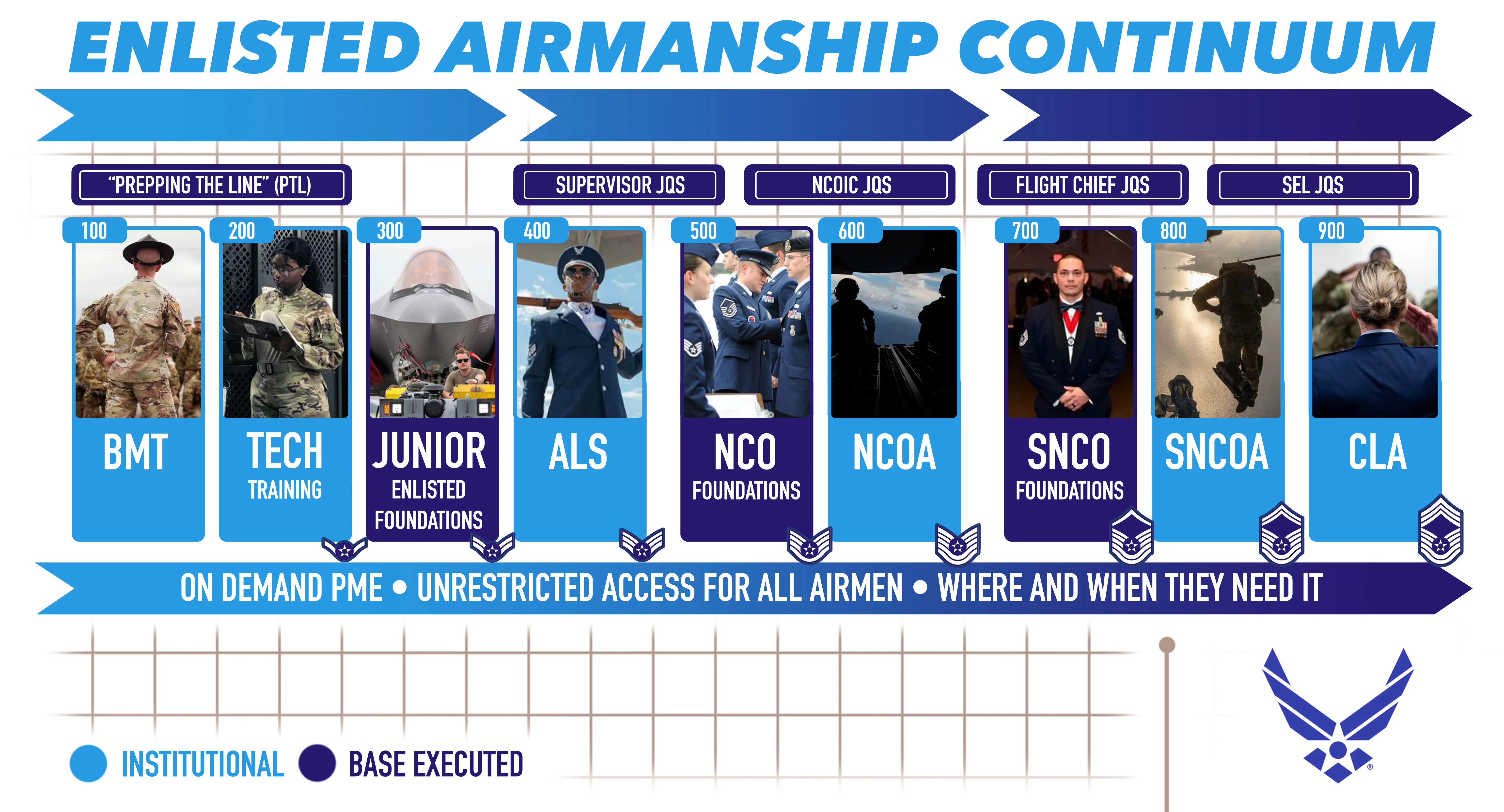
For instance, you might grow by picking up new skills through projects in different departments, taking on more tasks, and eventually stepping into a leadership role.
Emerging Trends in Career Growth
There's a big push for career growth right now, with 76% of folks on the lookout for new opportunities and 86% open to changing jobs for better chances. These days, it's all about continuous learning, staying flexible with new tech, and gaining experiences beyond just climbing the corporate ladder.
Key areas for growth include:
- Communication
- Leadership
- Technical skills
- Time management
- Emotional intelligence
Companies are stepping up by offering coaching, career mapping, upskilling programs, and ongoing education to help meet employee goals and market needs. Personal satisfaction and aligning with a company's mission and values are becoming more important for employees.
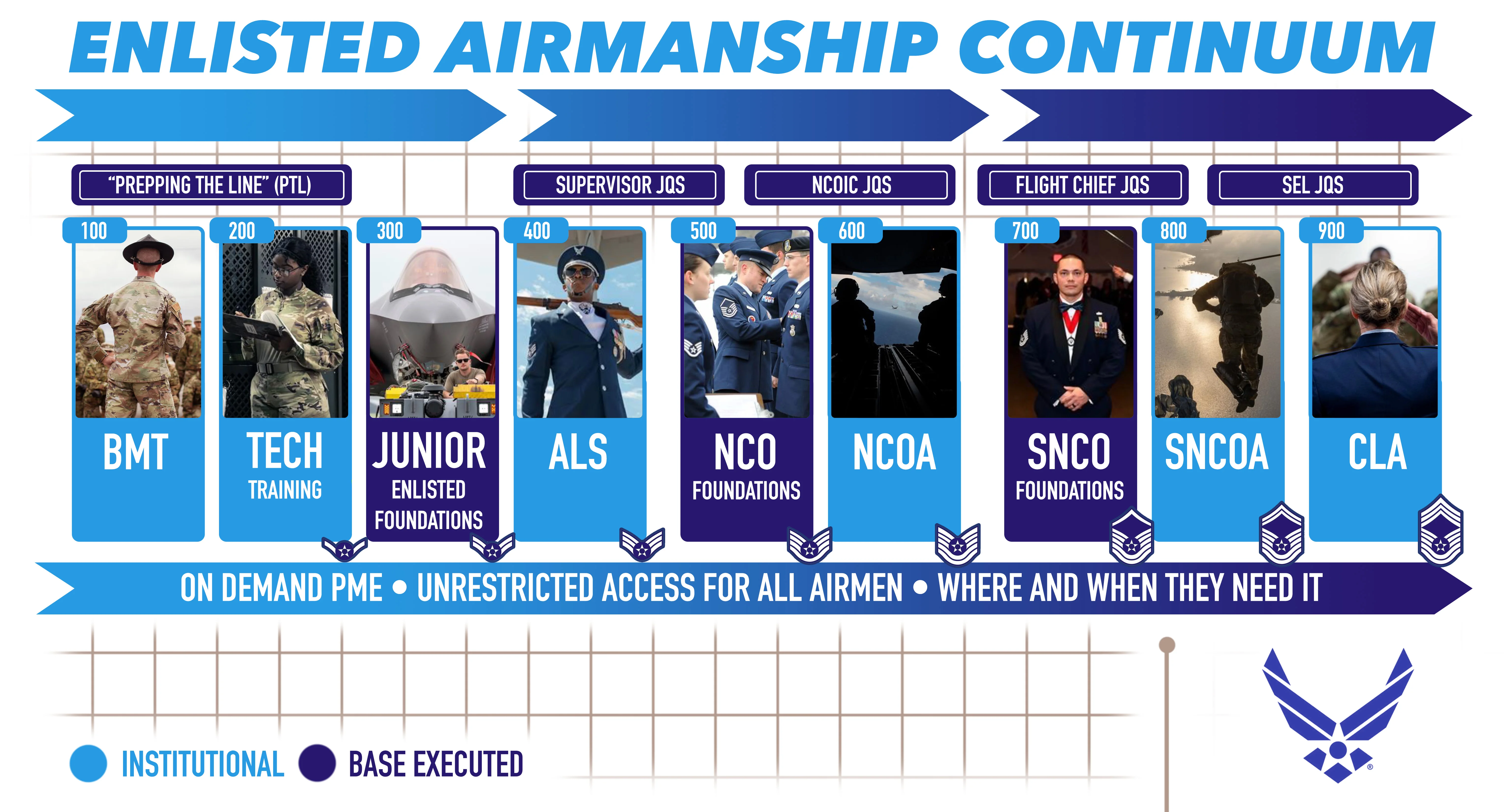
A current trend is people getting involved in cross-functional projects and learning new tech to stay ahead, while employers provide clear career paths and mentorship to keep talent around. These trends show how important it is to be adaptable and manage your career actively in today's work world.
Career growth
Professional development
Continuous learning
Current trends in career growth
Skill Development Strategies for Career Growth
Evaluating Skills for Career Advancement
Taking a good look at your skills is key to spotting where you can improve. This is really important for growing in your career in a focused way. By checking in on your skills regularly and seeing how they match up with what your industry needs, you can stay ahead by learning new things. This helps you make a learning plan that fits both your current job and where you want to go in the future.
For example, a software developer might check their skills each year and realize they need to get better at cloud computing and project management. Then, they can plan to learn those skills. Using tools like SWOT analysis (Strengths, Weaknesses, Opportunities, Threats) can really help with this. Also, getting feedback from coworkers, mentors, or bosses can give you great insights into what you need to work on, keeping you on track with your career goals and what your industry needs.

Maximizing Online Learning for Career Growth
Online learning platforms have changed how we pick up new skills, offering flexibility and tons of courses for different fields. Websites like Coursera, LinkedIn Learning, and Udemy let you dive into a variety of courses and certifications to boost your skills and resume. AI-driven platforms even give you personalized suggestions, helping you focus on new skills before they become the norm.
Keeping up with these online courses is a big deal, as nearly half of workers will need to reskill or upskill in the next five years. Certifications from these courses can prove your skills, but how they’re valued can differ depending on where you work. For instance, a marketing pro might finish a digital analytics course on Coursera to stay on top of trends and show off their expertise. By tapping into these resources, you can keep your skills sharp and stay competitive.

Advancing Career with Education and Certifications
Going for higher education and getting professional certifications can really push your career forward by deepening your knowledge and boosting your credibility. Formal education often comes with structured mentorship and access to professional networks that help you grow.
It’s crucial to choose certifications and degrees that match your career goals to make sure they really help your employability and keep your skills relevant. Sometimes, employers might even pay for your education or certifications, especially if they align with what the company needs, making your new skills more applicable at work.
For example, an IT pro might go for a cybersecurity certification backed by their employer to qualify for higher-level roles and meet industry demands. By carefully picking educational paths and certifications that fit your career goals, you can set yourself up for growth and advancement. Professional growth is achievable by making smart choices about your education to ensure it adds real value to your career journey.
Mentorship and Networking for Career Growth
Mentorship's Impact on Career Growth
Mentorship is pivotal in career growth, bridging knowledge gaps, enhancing skills, and providing steadfast support and insightful advice.
- Experience Sharing: Mentors offer their experiences, accelerating your professional development and guiding you in making informed career decisions.
- Real-World Application: They transform theoretical knowledge into practical skills by sharing hands-on experiences, ensuring you remain relevant in evolving industries.
- Feedback and Encouragement: Constructive feedback and encouragement from mentors inspire you to take risks and pursue leadership roles.

When executed well, this partnership can significantly accelerate your career advancement.
Building a Network for Career Growth
A strong professional network is crucial for career progression. It grants access to resources, opportunities, and diverse perspectives that assist in overcoming career obstacles.
- Networking Events: Industry conferences and seminars are excellent venues to meet potential mentors and establish valuable connections.
- Maintaining Relationships: Regular, personalized communication and support help maintain trust and long-term relationships.

Cultivating and maintaining a mentor network provides personalized guidance and support, enhancing your career advancement prospects by 65%.
Together, mentorship and networking form a robust foundation for career growth, offering continuous support and opportunities.
For more insights on effective career mentoring and how mentorship can expand your network, explore these strategies and ideas to enhance your career journey.
Personalized Career Planning and Goal Setting
Personalized Career Growth Plan Development
Crafting a career growth plan tailored to your unique aspirations is essential in navigating the complexities of today's job market.
Start with a Self-Assessment:
- Identify your interests, skills, and values.
- Determine your desired career trajectory.
Define Your Goals:
- Envision the job you want and what success looks like both now and in the future.
- Utilize SMART goals (Specific, Measurable, Achievable, Relevant, Time-bound) for clarity.
Explore Career Paths:
- Research various roles and industries.
- Understand qualification requirements and growth opportunities.
Plan Your Learning Path:
- Choose diplomas, certificates, or programs aligned with your goals.
- Gain practical experience through internships, volunteering, or part-time work to enhance your resume.
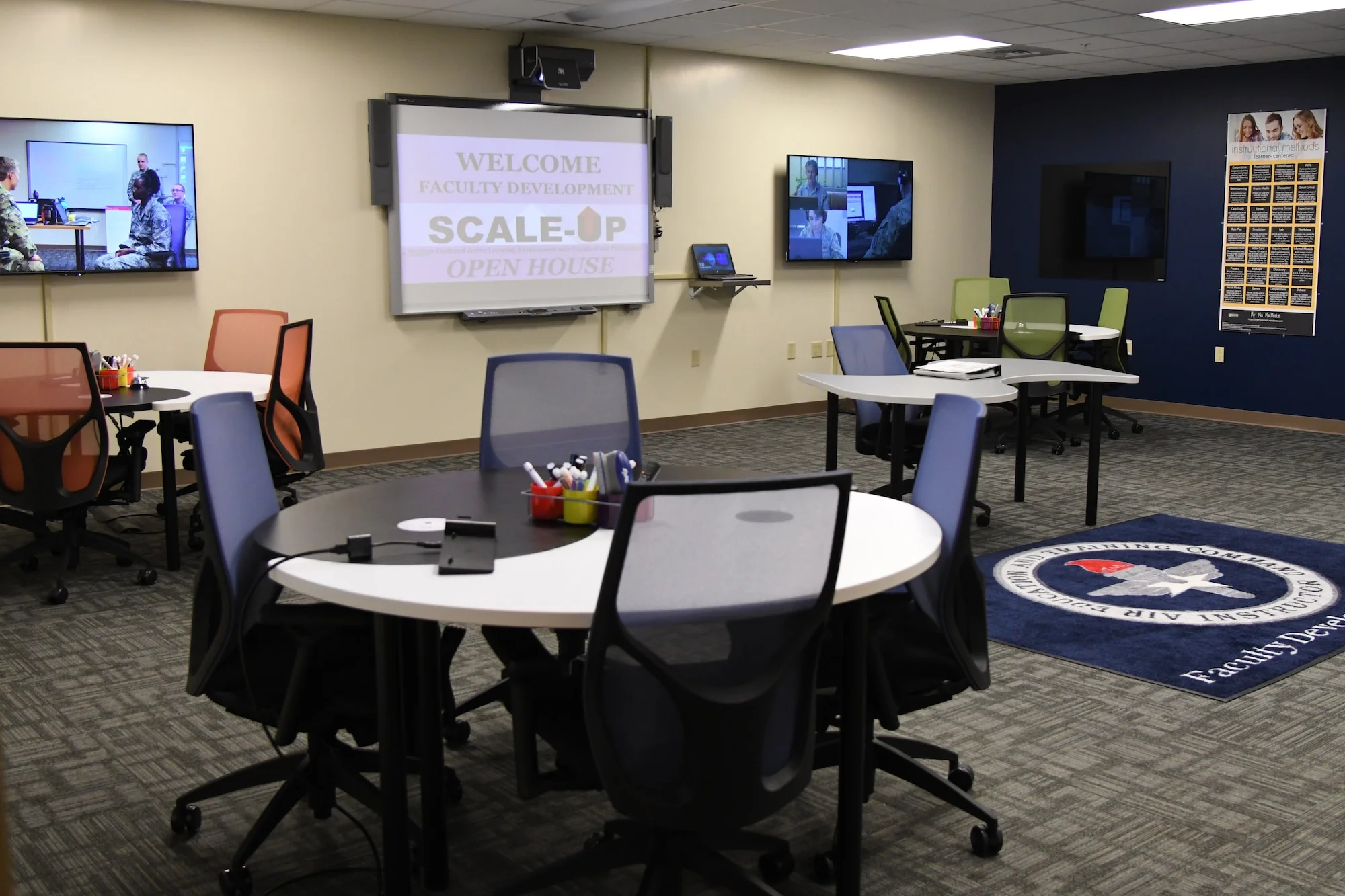
Break Down Your Plan:
- Divide your plan into manageable steps.
- Regularly review your progress and adjust as needed.
Seek Guidance and Celebrate Success:
- Arrange meetings with mentors or managers for advice and growth opportunities.
- Celebrate achievements to maintain motivation.
Aligning Career Goals with Emerging Trends
Aligning your career goals with future trends is crucial for maintaining a competitive edge.
Stay Informed:
- Monitor in-demand skills and emerging fields such as data analytics, AI, and technology.
- Engage in continuous learning through courses, workshops, and online classes.
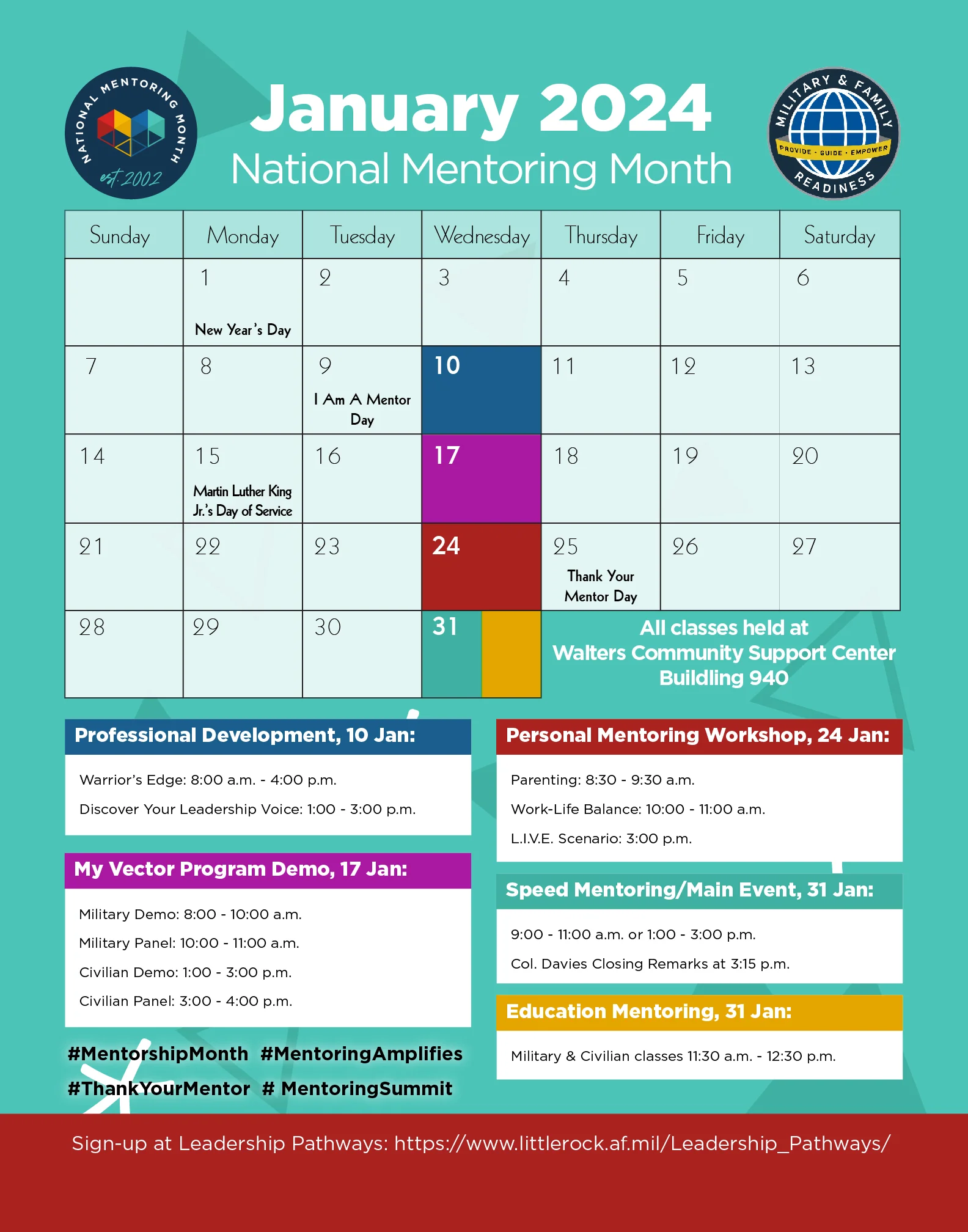
Utilize Career Counseling:
- Gain clarity on your goals and explore career paths.
- Navigate the complexities of career development in a dynamic world.
Regularly Review and Adjust Goals:
- Adapt your goals as personal circumstances or market conditions change to remain relevant.
Build a Network and Personal Brand:
- Attend industry events and seek mentors for insights into new opportunities.
- Strengthen your network to accelerate career growth.
By aligning your goals with future trends, you position yourself as a proactive and adaptable professional, ready to seize upcoming opportunities.
For more guidance, explore resources on identifying clear career goals and conducting self-assessments. Stay updated on in-demand skills and emerging fields to ensure your career goals align with market trends.
Continuous Learning and Upskilling
Embracing Continuous Learning for Career Growth
In today's fast-changing job market, keeping up with learning is a must for career growth. Studies show that 44% of workers will need to reskill or upskill in the next five years. This underscores the importance of actively developing new skills.
A culture of continuous learning not only supports growth and innovation but also boosts employee engagement. It helps keep the workforce competitive, motivated, and ready for industry changes. Companies that focus on upskilling often experience:
- Less turnover
- Higher job satisfaction

This is because they create a shared culture of growth. Balancing technical skills like AI and cybersecurity with soft skills like creative thinking and resilience is key. By integrating continuous learning into company culture through formal training and peer knowledge sharing, companies build a motivated workforce dedicated to development.
For example, a tech company might offer workshops, online courses, and peer sessions to help employees keep their skills fresh, which in turn boosts innovation and retention.
Effective Skill Development for Career Growth
Learning new skills at work through side projects, volunteering, job rotations, and internal upskilling initiatives provides employees the chance to apply new skills directly to their roles and meet company needs. Utilizing employer resources like corporate training programs and mentorship can accelerate skill development, offering real-world guidance and feedback.
Seeking mentorship connects professionals with experienced experts who provide:
- Advice
- Industry insights
- Networking opportunities
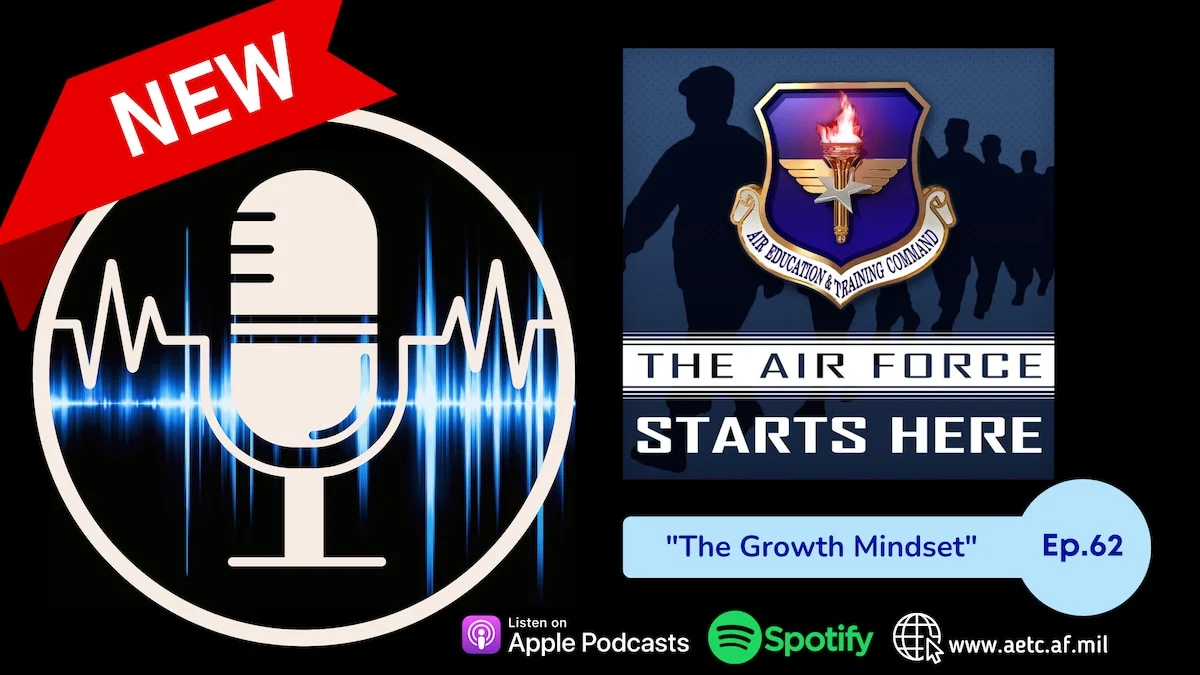
These elements are crucial for career advancement. Building professional networks through industry events, online forums, and associations keeps employees informed about new trends and opens up growth opportunities.
Setting SMART learning goals and building sustainable routines, even with short daily learning sessions, helps maintain ongoing skill acquisition. An employee might join a job rotation program to gain experience in a new department while taking a relevant online certification course, applying new knowledge directly to work projects.
Integrating Psychological and Mindset Focus
Building Resilience for Career Growth
Dealing with career stagnation? Building resilience is key. A growth mindset, a concept from psychologist Carol Dweck, can really help here. It's all about believing you can develop your abilities and intelligence over time.
By adopting this mindset, you start to see challenges as opportunities to learn, rather than just hurdles. Leaders with this mindset demonstrate resilience by:
- Carefully analyzing problems
- Encouraging their teams to think of diverse solutions

This approach fosters a culture that combats stagnation and promotes continuous improvement. Additionally, mindset coaching can assist in transitioning from a fixed to a growth mindset, empowering you to take charge of your career path. Activities such as meditation or walking can also help clear your mind and build resilience, making it easier to navigate career obstacles.
Enhancing Mental Health for Career Growth
A growth mindset isn't just beneficial for your career; it's also great for your mental health. It fosters optimism and resilience, helping you maintain a positive outlook when facing challenges. This mindset can reduce stress and anxiety from work pressures, enhancing your mental well-being.
Building emotional intelligence through reflection and adaptability sharpens your people skills, which are crucial for career advancement. Individuals with a growth mindset often exhibit:
- Increased confidence
- Strong determination

These traits help them address mental health challenges and achieve long-term success. Mindset coaching further supports mental health by dismantling limiting beliefs and building resilience, making it easier to handle work stress and setbacks.
By leveraging tools like mindset coaching and mindfulness, you establish a foundation for resilience and mental health, which are essential for sustained career growth and overcoming stagnation.
FAQ Section
How to Audit Skills for Career Growth?
Checking in on your skills is key to ensuring they align with your career goals. Start by assessing your current abilities, interests, and job satisfaction. Then, compare this to the requirements of your desired positions. This process is known as a gap analysis.
- List the skills needed for your dream job.
- Identify missing skills or certifications by reviewing job descriptions.
- Seek feedback from bosses or mentors, and use formal reviews to gain a clearer picture of your strengths and areas for improvement.
Understanding these gaps allows you to focus on learning what's most important, enhancing your career prospects.

Keep your personal development plan updated with SMART goals (Specific, Measurable, Achievable, Relevant, Time-bound) to track your progress. For more steps, check out the Indeed career advice page.
Top Online Learning Platforms for Career Growth
There are numerous online learning platforms available for career growth, offering a variety of courses and certifications:
- Coursera: Collaborates with top universities and organizations to provide courses in diverse fields, offering specializations and certificates that can enhance your resume.
- LinkedIn Learning: Integrates easily with your LinkedIn profile and features courses taught by industry professionals.
- Udemy: Known for its extensive selection of affordable courses on a wide range of topics.
These platforms not only help you acquire new skills but also keep you updated with industry trends, which is crucial for career advancement.

Consider your learning preferences and career goals when selecting the right platform for you.
Mentorship's Impact on Career Growth
Mentorship can profoundly influence your career trajectory by offering guidance, advice, and feedback from those who have walked the path you aspire to follow. A mentor can:
- Provide direction and help you navigate your career more effectively.
- Offer new perspectives, industry connections, and resources you might not discover on your own.
Formal mentoring programs offer structure and clear objectives, maximizing the mentorship relationship. Both formal and informal mentorships can accelerate your professional growth by exposing you to new ideas and skills.
To make the most of this relationship, set clear goals and have regular check-ins with your mentor. Mentorship not only helps you develop skills but also opens up new career opportunities. For more on how mentorship can boost your career, visit MBA.com's skill development strategies.